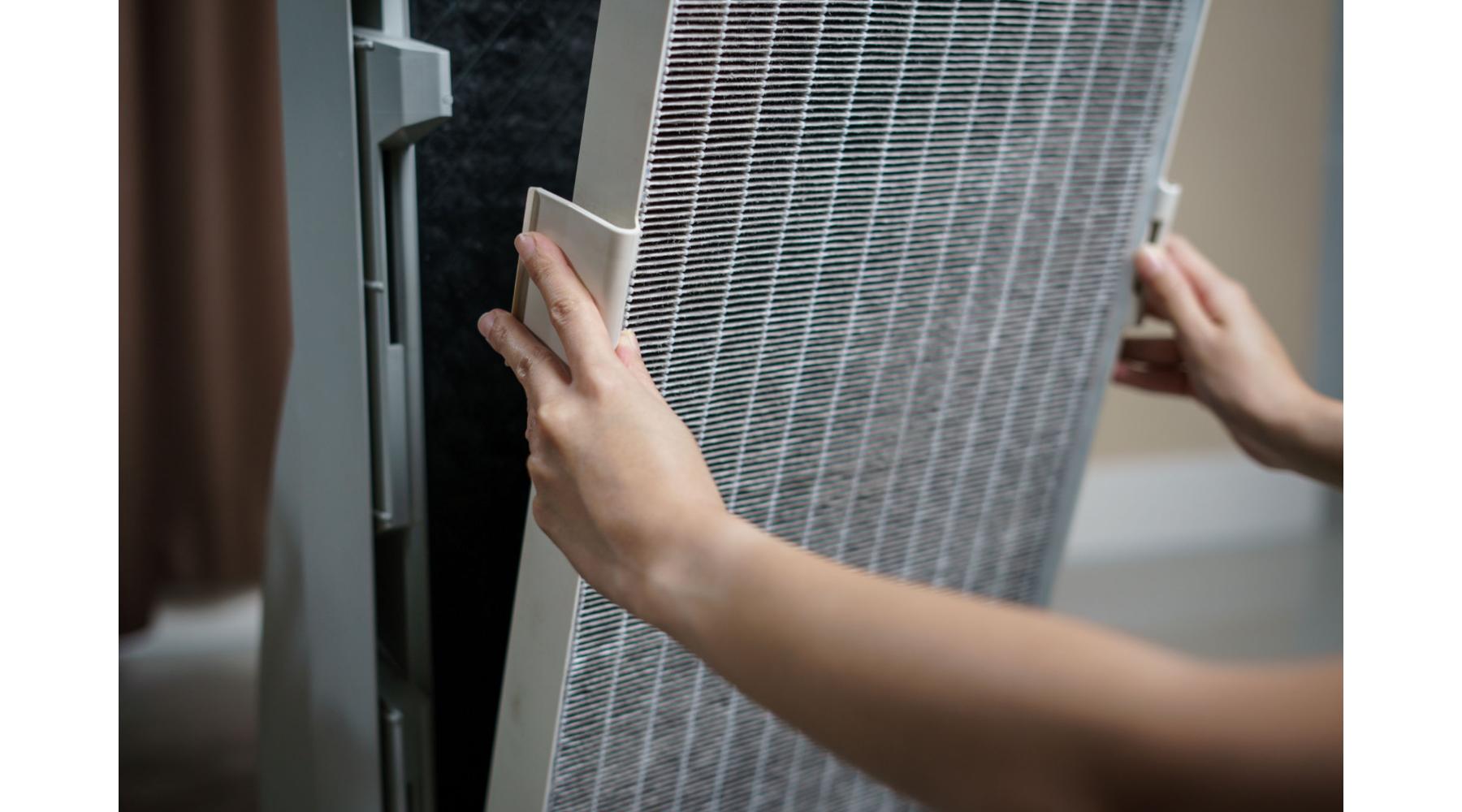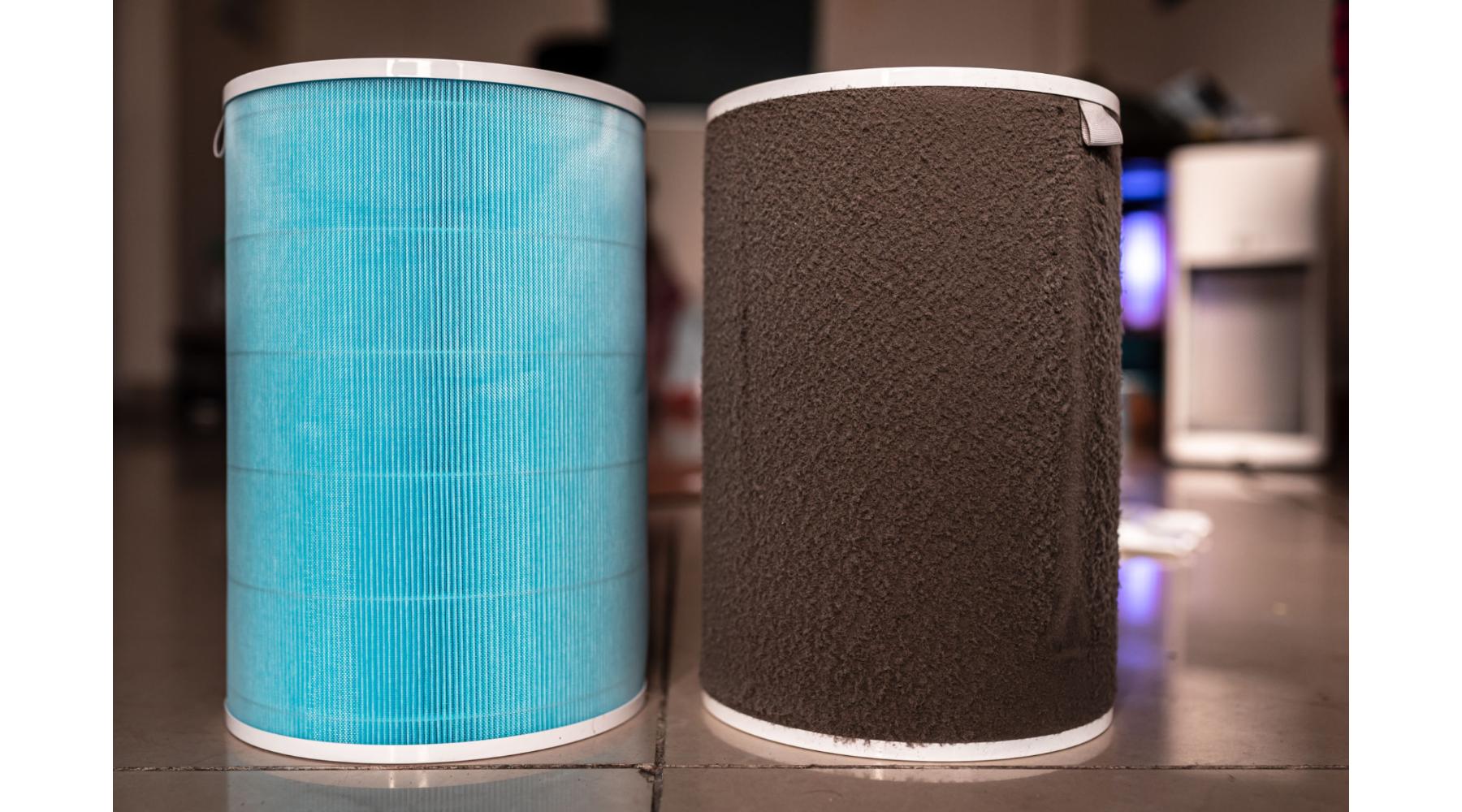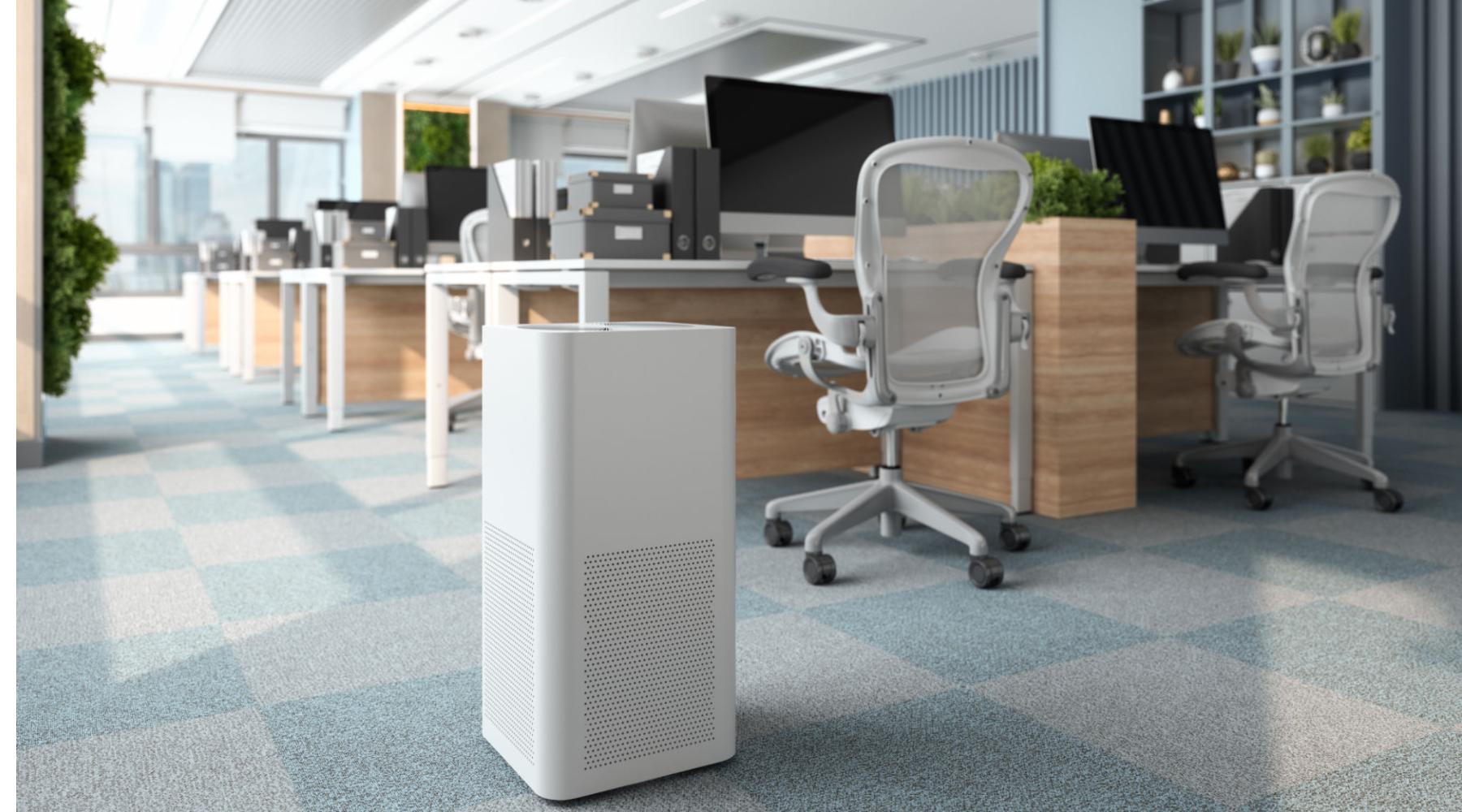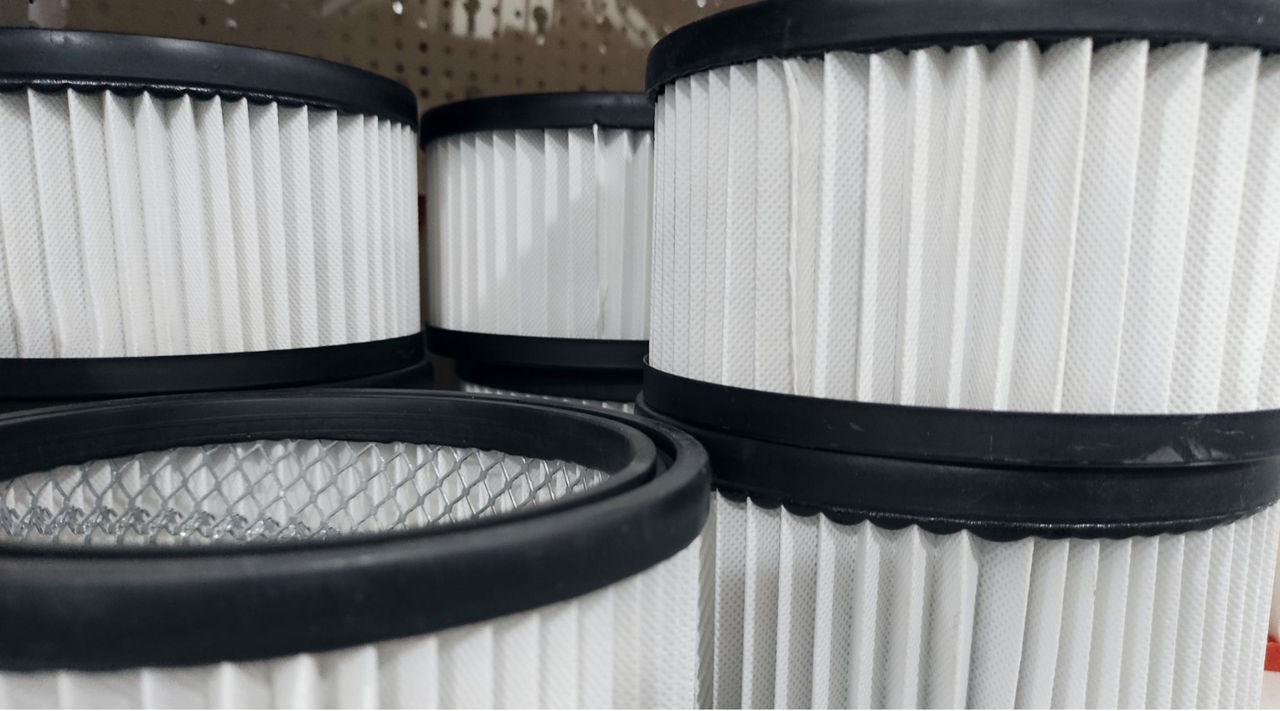Breathe Easy: The Comprehensive Guide to H13 HEPA Filters
High-efficiency particulate Air (HEPA) filters stand at the forefront of air purification technology, with the H13 variant leading the charge in enhancing indoor air quality. This article dives into the mechanics, benefits, and applications of the H13 HEPA filter, shedding light on its unparalleled efficiency in capturing airborne particles.
What is an H13 HEPA Filter?
An H13 HEPA filter represents a pinnacle in filtration technology, designed to trap at least 99.95% of particles as small as 0.1 microns. This includes pollutants like dust mites, pollen, mold spores, and even some viruses, making it an indispensable tool for ensuring a clean and healthy indoor environment.
Key Features
- Exceptional Filtration Efficiency: Captures 99.95% of airborne particles down to 0.1 microns.
- Wide Range of Applications: Ideal for healthcare settings, homes, and industries where air quality is critical.
- Longevity and Durability: Built to last, requiring less frequent replacements compared to lower-grade filters.
How does a HEPA Air filter work?
A HEPA (High-Efficiency Particulate Air) filter works through a fine mesh of fibers to trap particles from the air passing through it. This mesh is typically made of fiberglass with varying fiber sizes interwoven into a dense mat. The air can’t flow in a straight path through the filter; instead, it navigates through a complex web that captures pollutants.
There are four main mechanisms through which HEPA filters capture particles:
- Direct Impaction: Larger contaminants, such as dust and some molds, travel in a straight line and collide directly with the fibers because they can’t adjust their paths quickly enough to flow around the fibers.
- Sieving: This occurs when the space between the fibers is smaller than the particle diameter. As a result, particles that are too big to fit through the gaps get trapped.
- Interception: Smaller particles, not in a direct path of the fibers, get captured when they come within one particle radius of a fiber and adhere to it.
- Diffusion: The smallest particles, those smaller than 0.1 micron, are bounced around as they collide with gas molecules, which increases the likelihood that they’ll get caught by one of the three previously mentioned mechanisms.
HEPA filters are designed to trap at least 99.97% of particles of 0.3 microns in diameter, which are considered the most difficult to filter due to their size. The 0.3-micron measure is not arbitrary; it represents the Most Penetrating Particle Size (MPPS), particles that are most challenging for an air filter to capture. Interestingly, particles that are smaller or larger than 0.3 microns in diameter are trapped with even greater efficiency due to these mechanisms.

The H13 HEPA Filter: A Cut Above
Distinct from conventional HEPA filters, the H13 HEPA filter boasts a higher standard. Recognized as a 'True HEPA' filter, it traps 99.95% of particles that are as small as 0.1 microns. Its rigorous testing ensures that you get nothing short of superior air purification.
Comparison with Other Filters: H11 vs. H13
When comparing H11 and H13 HEPA filters, the difference is efficiency. While an H11 will capture 95% of 0.5-micron particles, an H13 HEPA filter is more efficient by capturing 95.95% of 0.1-micron particles, making it a preferred choice for spaces requiring stricter air quality control.
Benefits of H13 HEPA Filters
The H13 HEPA filter offers numerous advantages for improving indoor air quality:
Allergen Removal: These filters are a boon for allergy sufferers, effectively removing pollen, dust, and pet dander from the air.
Disease Control: By capturing harmful microbes, H13 filters helps prevent the spread of diseases.
Odor Reduction: Activated carbon layers often accompany H13 filters, combating odors and volatile organic compounds.
Applications of H13 HEPA Filters
Given their efficiency, H13 HEPA filters find application in various settings:
Healthcare Facilities: Ensuring sterile environments free from airborne contaminants.
Residential Spaces: Enhancing air quality in homes, especially in bedrooms and living areas.
Commercial Spaces: They ensure clean air in beauty salons, offices, and other establishments where air quality is pivotal.
Maintaining Your H13 HEPA Filter: Expert Tips
To reap the full benefits of your H13 HEPA filter, proper maintenance is key. Here's how to care for your filter:
Regular Checks: Inspect your filter bi-annually for any signs of wear or heavy soiling.
Replacement Schedule: Typically, an H13 HEPA filter will last between 1 to 3 years depending on usage and air quality. Consult the manufacturer's recommendation for precise timing.
Cleaning Practices: While most HEPA filters are not washable, using a soft brush to remove surface dust can extend their life.

Understanding Air Filter Efficiency: HEPA versus Standard Filters
The difference between a HEPA filter and a regular filter lies primarily in their filtration efficiency and the size of particles they can capture.
A HEPA filter, which stands for High-Efficiency Particulate Air filter, must meet strict standards set by the U.S. Department of Energy (DOE). To qualify as HEPA by government standards, a filter must trap at least 99.97% of particles that are 0.3 microns in diameter. This size of particles is the most penetrating particle size (MPPS) and is the hardest for filters to capture. HEPA filters are composed of a dense mat of randomly arranged fibers, typically made from fiberglass, and are used in applications where clean air is critical—like hospital operating rooms, laboratories, and the homes of individuals with severe allergies.
Regular filters, such as those used in standard home heating, ventilation, and air conditioning (HVAC) systems, are less dense and are designed to trap large particles like dust, lint, and hair. They contribute to protecting the HVAC system from being clogged by these larger particles but do not remove fine particles that can affect health, such as pollen, bacteria, and viruses. Regular filters are rated using the Minimum Efficiency Reporting Value (MERV) scale, which ranges from 1 to 16 for residential filters. Higher MERV ratings indicate a better capability to capture smaller particles, but even the highest-rated MERV filters are typically less effective than HEPA filters.

FAQs
What is HEPA in air filters?
High-Efficiency Particulate Air (HEPA) refers to a standard of air filtration that captures a minimum of 99.97% of particles as small as 0.3 microns. Filters meeting the HEPA standard are adept at trapping airborne particles such as dust, pollen, mold spores, and bacteria.
Do HEPA air filters really work?
Yes, HEPA air filters are highly effective. They work by forcing air through a fine mesh that traps harmful particles. They are widely used in various settings, including medical facilities, airplanes, and homes, due to their proven efficiency.
Can HEPA filters remove mold?
HEPA filters can trap mold spores from the air as they are large enough to be captured by the filter. However, they do not kill mold spores; they only prevent their circulation within the air.
How long will a HEPA filter last?
The lifespan of a HEPA filter varies based on usage and air quality but typically ranges from 6 months to 3 years. Regularly check the manufacturer's guidelines and monitor the filter's condition to determine when a replacement is necessary.
Are HEPA filters worth the cost?
For those concerned with air quality, especially in environments where health is a priority, HEPA filters are often worth the cost. They can alleviate allergy symptoms, reduce asthma triggers, and capture particles that may carry viruses.
Which is better, HEPA or ionizer?
The choice between HEPA filters and ionizers depends on the need. HEPA filters physically trap particles, while ionizers electrically charge air molecules to remove contaminants. Ionizers do not collect particles; they cause them to settle on surfaces.
What is the difference between a HEPA filter and a regular filter?
The difference lies in the efficiency of particle filtration. Regular filters typically capture larger particles and may not provide the same level of air purification as HEPA filters, which can trap much smaller particles with higher efficiency.
What is the difference between True HEPA and H13 HEPA filter?
The term "True HEPA" generally refers to filters that meet the HEPA standard of capturing 99.97% of particles that are 0.3 microns in diameter. An H13 HEPA filter, however, adheres to a more stringent European standard, which requires it to capture 99.95% of particles as small as 0.1 microns. While both are highly efficient, the H13 HEPA filter offers superior performance when it comes to trapping ultra-fine particles.
What is the difference between H11 and H13 HEPA filter?
The difference between H11 and H13 HEPA filters lies in their filtration efficiency. H11 HEPA filters capture at least 95% of airborne particles that are 0.1 microns in diameter, while H13 HEPA filters capture at least 99.95% of particles of the same size. The H13 is, therefore, a better choice for environments where the cleanest possible air is paramount, such as in hospitals or laboratories.
What is a HEPA air filter used for?
A HEPA (High-Efficiency Particulate Air) filter is designed to significantly improve indoor air quality by efficiently trapping airborne particles. It's used for: Allergy and Asthma Relief: By capturing allergens like pollen, pet dander, and dust mites, HEPA filters can alleviate symptoms for allergy and asthma sufferers. Reducing Airborne Illnesses: HEPA filters can capture bacteria and virus-carrying particles, potentially lowering the risk of spreading diseases. Eliminating Airborne Pollutants: In environments where air quality is crucial, such as hospitals and laboratories, HEPA filters help maintain sterile conditions by removing airborne contaminants.
Do you really need a HEPA air filter?
Whether you need a HEPA air filter depends on your specific circumstances:
Health Considerations: For individuals with respiratory conditions or allergies, HEPA filters can be beneficial for creating a cleaner indoor environment.
Air Quality Concerns: If you live in an area with high pollution levels or poor outdoor air quality, a HEPA filter can help ensure the air you breathe indoors is clean.
General Preference for Cleanliness: For those who prioritize general wellness and cleanliness, a HEPA filter is a proactive choice to enhance indoor air quality.
Can you wash a HEPA air filter?
Generally, HEPA air filters are not designed to be washed. Washing a true HEPA filter can damage the delicate fibers that capture small particles and can lead to a loss of filtration efficiency. However, some filters are marketed as washable or permanent HEPA filters:
Washable HEPA Filters: These are built to withstand cleaning, but their efficiency may not match that of a true HEPA filter. It's essential to follow the manufacturer's instructions carefully when washing them.
Vacuum-Clean Only: Some HEPA filters can be gently cleaned with a vacuum to remove surface dust. This type of maintenance can help extend the life of the filter but won't substitute for eventual replacement.
Regular HEPA Filters: For traditional HEPA filters, instead of washing, they should be replaced according to the manufacturer's recommendations to ensure the air purification effectiveness remains high.
Recent Posts
-
Different Types of Cleaning Products Explained
Whether you're cleaning an office, school, gym, or retail space, understanding cleaning product type …Jun 27, 2025 -
Flat Mop vs Spin Mop: Which One Cleans Best?
When it comes to keeping your facility clean, choosing the right mop can make all the difference. Bo …May 30, 2025 -
Sponge Mop vs. String Mop: Which is Right for Your Facility?
When it comes to keeping floors clean, both sponge mops and string mops are trusted cleaning tools. …May 23, 2025




